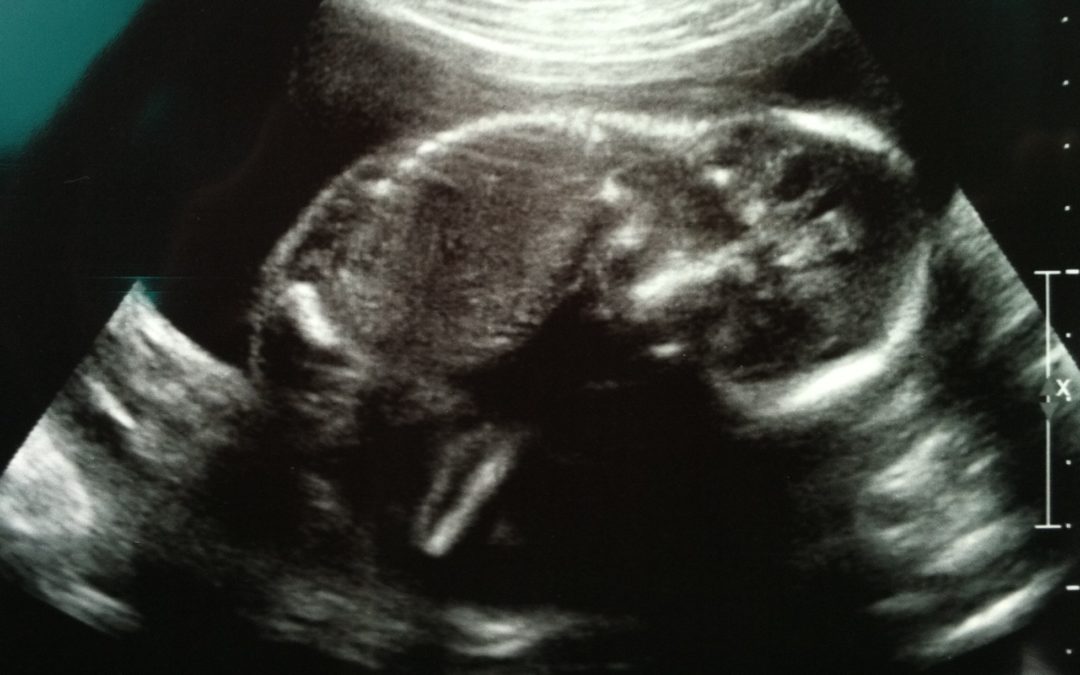If you are reading Caitlyn’s blogs, you most likely already have a child and/or you may be one of the many women of childbearing age who has experienced some type of infertility. Or maybe you have friends who are experiencing difficulty getting pregnant. When I had my children many years ago, I was told by my physician that I would have a hard time getting pregnant because I had blocked fallopian tubes. The following tips can get you on the right path before you spend a lot of time trying.
Sperm counts in men have dropped by fifty percent since the 1970s so get the cell phone out of your pants pockets and have a sperm count test done if you have been trying for 3 months without success. Fertility declines dramatically every year past age 30. The optimal age to get pregnant is the early 20s so don’t wait too long to become pregnant. There are many reasons for infertility and these must be ruled out, so you can optimize your chance of becoming pregnant.
Step one: Have the following tests done before you start trying. The first is a thyroid test called a TSH. Your test result must be below 2.0 in order to become pregnant and stay pregnant. Low thyroid is the leading reason for infertility and miscarriage.
Another important test is a Day 3 FSH to determine egg quality. FSH should be below 9 for the best chances of conceiving but we can reverse high FSH levels with nutrients and diet changes. You should also have a Day 20-22 Progesterone test to make sure you can stay pregnant, as progesterone prevents miscarriage. Have your iron checked. Hemoglobin should be about 140 and Ferritin should be about 40 to 70. If you have already been trying and have not gotten pregnant your partner should have a sperm count and quality test. Don’t just assume that all is fine with the man.
Step two: This is the most important. Buy fertility predictors and use them every day for an entire month. This will tell you if you are ovulating (secreting an egg). Once you have used them for an entire month and you wrote down when you ovulate then in the following months just use the predictors to confirm that you are ovulating. Most women ovulate between day 10 to day 15 but you could be very different (count the days from day one of your period starting).
Step Three: If you are ovulating then you should not have sex from your period until you ovulate. Then have sex morning and night, morning and night through the 4 days that you are fertile. If you are not ovulating, then we need to discover why. It may be because you are eating soy foods which disrupt hormones. It could be that you were on the PILL for years and your body has not restarted ovulation. You may have Polycystic Ovarian Syndrome (PCOS) and this is checked by having a testosterone, DHEAS, DHT, fasting blood sugar and insulin tests and an ultrasound. Any woman not ovulating should have an ultrasound to ensure the ovaries are healthy and not full of cysts.
Step Four: To improve egg quality and enhance ovulation eat a diet full of organic vegetables, protein and healthy fats, and take the following nutrients: a good multivitamin with minerals containing a full complement of vitamins and minerals with folic acid (this is for both the man and woman). Take 10mg of elemental iron daily in a non-constipating form like liposomal iron. Use a herbal formula containing vitex also called chaste tree berry to enhance regular cycles and healthy ovulation. Eat plenty of vegetables per day and good healthy fats like extra virgin olive oil and GLA to improve your fatty acid profile. Take DHA as it aids eye, brain and heart health in your baby. Avoid fluoride as it blocks the uptake of thyroid hormone. Do not eat soy foods of any type. To maximize success in getting pregnant have the recommended tests done, use fertility predictors, take the right nutritional supplements, eat great nutrient dense foods and start trying.

